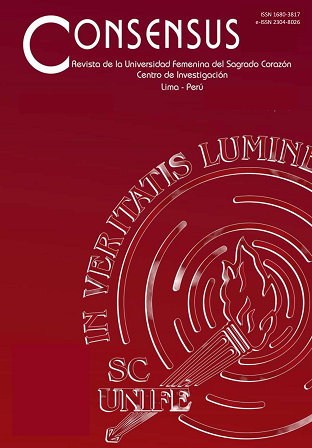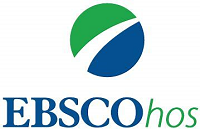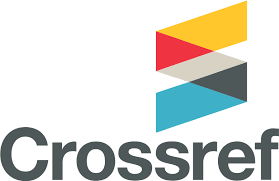Terminology behaviour of terms and hispanic denominative variants related to roles and types of bullying
DOI:
https://doi.org/10.33539/consensus.2019.v24n1.2243Keywords:
Terminology behaviour, denominative variant, bullying, types of bullying, roles in bullyingAbstract
The main objective of this empirical, applied, documental and systematic terminographic research was to analyze the behavior of the terms and denominative variants of the terminology of the types and roles involved in bullying. For this study, a corpus, composed of 93 terms and 116 denominative variants, was used; this, as a whole, resulted in a definitive terminographic corpus composed of 209 terminological units referred to two sub-corpus: types of bullying and roles in bullying. The research reached the following general conclusions: In terms of quantity, the terminological sub-corpus referring to the types of roles is marginally superior to that related to the types of bullying, unlike the corpus of variants
that doubles in number of terms to the first two. • The sub-corpus, types of bullying and roles in bullying, revealed a clear tendency to terminologization. This is the use of words of general language. • The most widely used constructing resource for the production of types and roles in bullying is the syntagma, with the syntagmatic pattern: N+ADJ.
• The denominative variants appear in 21% of terms, in similar proportions for types and roles in bullying. • The denominative variation, by extension or elongation, is the most recurrent in the types and roles in bullying. • The considerable percentage of the denominative variation by extension responds to the need to specify the modifiers in order to eliminate the ambiguity or lack of transparency, of the head or lexical base. • Both, the simple and complex, monolexical terms tend to form denominative variants by extension or elongation; on the other hand, in polylexical terms the tendency is to form lexical variants.








